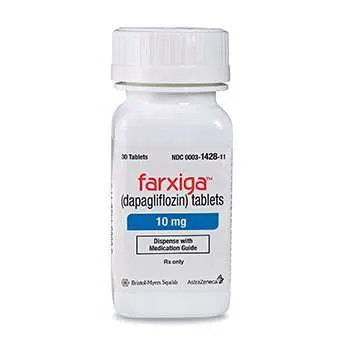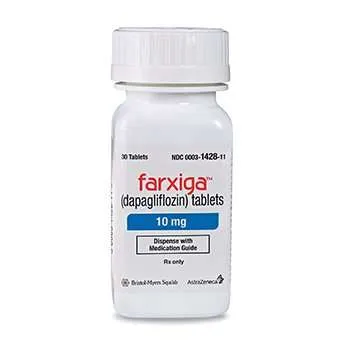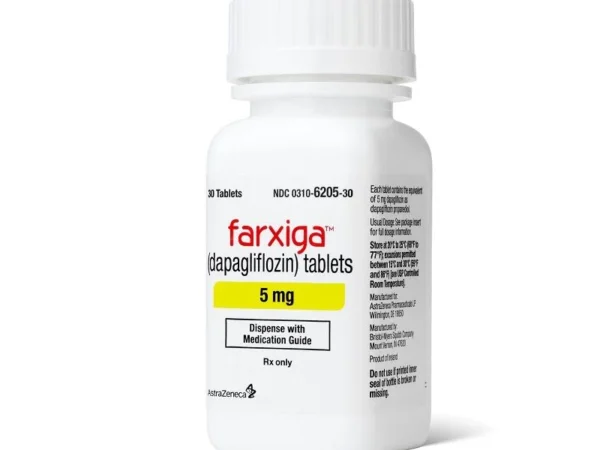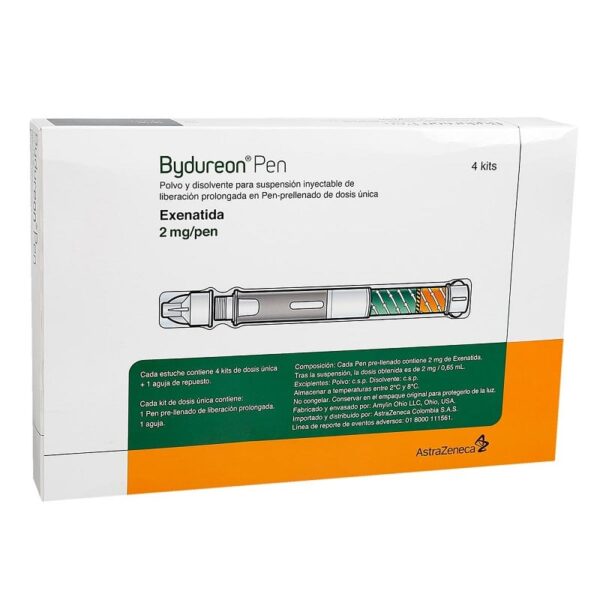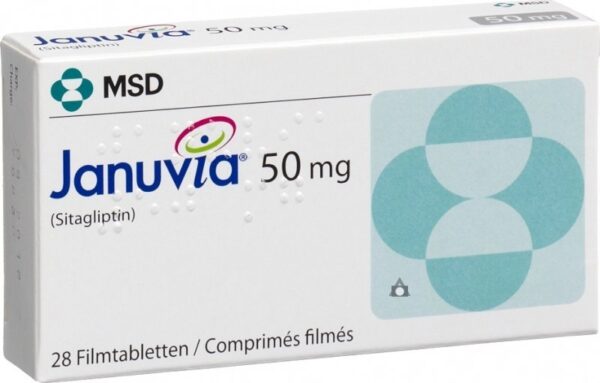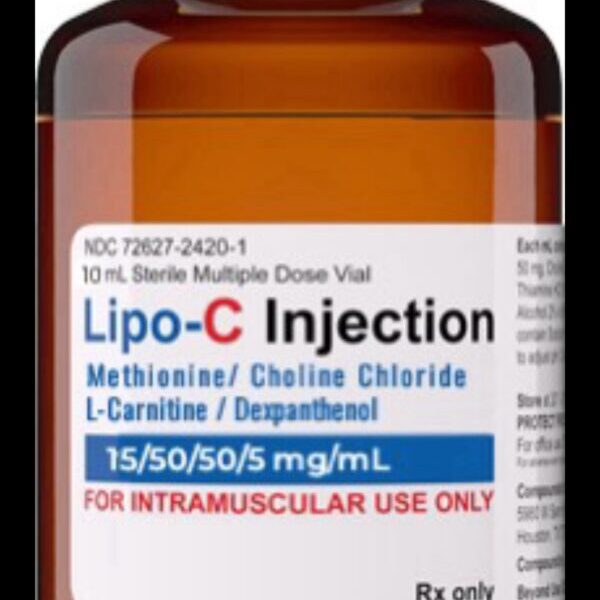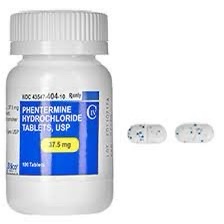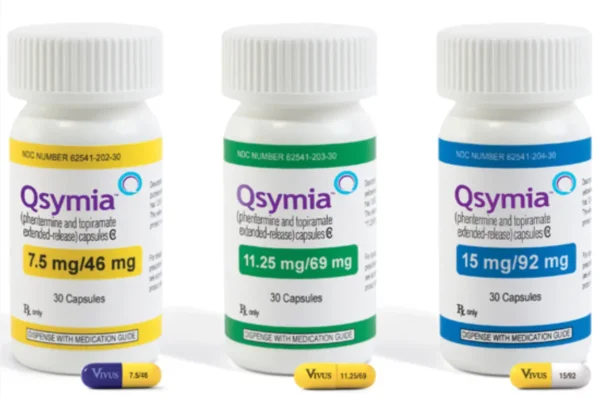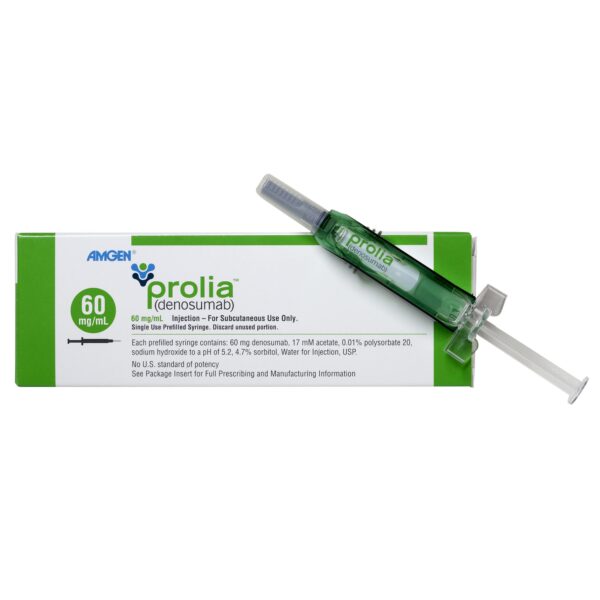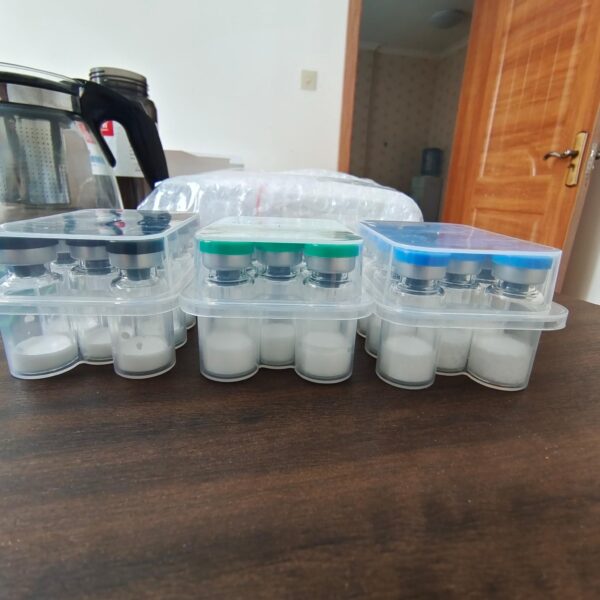Farxiga (Dapagliflozin Propanediol Monohydrate) Description
Farxiga (dapagliflozin) is an oral diabetes medicine that helps control blood sugar levels. Dapagliflozin works by helping the kidneys get rid of glucose from your bloodstream. It is used together with diet and exercise to improve blood sugar control in adults with type 2 diabetes mellitus. This medicine is not for treating type 1 diabetes and is not insulin and not a thiazolidinediones.
It is also used to lower the risk of death from a heart attack, stroke, or heart failure in adults with type 2 diabetes who also have heart disease. Ensure you speak to your doctor in detail about the medications you are taking. This includes weight loss medications, such as Trulicity and Saxenda.
Farxiga is also used to lower the risk of a further worsening of kidney disease, end-stage kidney disease (ESKD), death due to cardiovascular disease, and hospitalization for heart failure in adults with chronic kidney disease.
Usage
Farxiga assists the kidneys in reabsorbing sugar, preventing glucose from being reabsorbed in the bloodstream, and helps get rid of blood sugar through urine.
This medication also slows or stops the production of a protein called SGLT2 found in the kidneys.
Farxiga is unlike other medications typically used to treat type 2 diabetes which involve the hormone insulin.
Farxiga is also used to reduce the risk of worsening kidney disease, avoid hospitalization for heart failure in adults with kidney disease, end-stage kidney disease (ESKD), and lower the risk of death.
Farxiga can be used by itself or along with other medications.
Farxiga comes as a tablet you take by mouth once daily. It contains the active drug dapagliflozin. And it belongs to a class of medications called sodium-glucose co-transporter 2 (SGLT2) inhibitors.
Side Effects
Common side effects of Farxiga include back pain, constipation, increased cholesterol levels, increased urination, genital infection (for men), nausea, pain in your extremities, respiratory infections (i.e., common cold, flu), sore throat, stuffy or runny nose, urinary tract infection, vaginal yeast infection, vaginal changes such as itching, abnormal discharge, or odor or increased percentage of red blood cells in the blood.
Serious side effects associated with Farxiga include symptoms realted to dehydration (dizziness, feeling faint or lightheaded and weakness). It can also relate to low blood sugar sypmtoms (confusion, drowsiness, headache, hunger, feeling jittery, increased heartbeat, irritability, weakness, sweating, fournier’s gangrene, ketoacidosis, kidney damage, severe allergic reactions and serious urinary tract infections.

